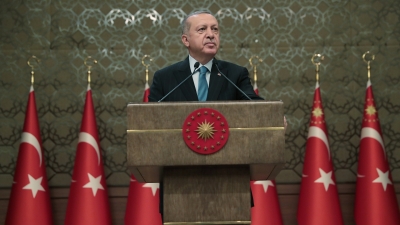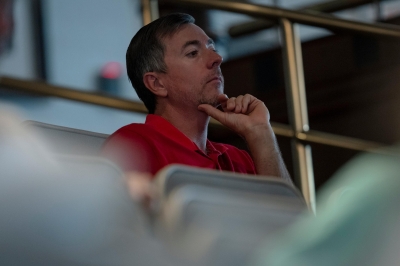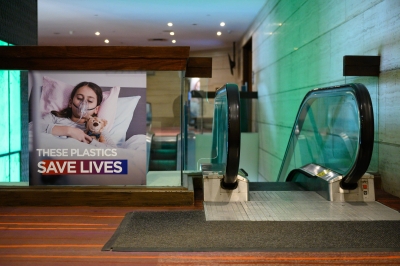An oligarch who made a fortune in Russia and is under Ukrainian sanctions has UK residency after being granted a special visa for the rich.
Pavel Fuks, a Ukrainian national who had sanctions imposed in 2021, is also under criminal investigation for fraud and tax evasion in his home country. But the Guardian has established that Fuks, known as a regular at an exclusive Mayfair restaurant, was granted a so-called golden visa in 2012, followed by indefinite leave to remain in the UK in 2017. “It’s effective as of today,” his spokesperson said.
All accusations against Fuks in Ukraine “are exclusively political and are not confirmed by court decisions”, the spokesperson said, adding that his lawyers “are challenging the sanctions and charges in court”. Fuks says the sanctions are legally flawed.
The EU, US and UK have not placed restrictions on Fuks. This means that as a UK resident he can conduct business in Britain and travel to and from London.
Fuks gained his initial 2012 visa through the tier 1 investor scheme, which granted UK residency to rich foreign nationals prepared to invest a minimum of £1m. In the early years of the scheme there was little scrutiny.
At least 10 Russian oligarchs who were later placed under sanctions by the UK used the golden visa scheme, Suella Braverman, the home secretary, revealed in January.
The government scrapped the scheme in 2022 as Russia readied for the full-scale invasion of Ukraine.
Fuks got rich in the early years of Vladimir Putin’s regime dealing in Russian banking and real estate. He discussed with Donald Trump an idea for a Moscow tower bearing the future US president’s name. The building did not materialise but years later Fuks said he had paid $200,000 for what he hoped would be VIP access to Trump’s inauguration in 2017, only to end up watching the ceremony from a Washington bar. He has since been banned from the US – the result, Fuks has claimed, of a business dispute.
Fuks has said he has not been to Russia since 2015. As Putin’s regime sought to put Ukraine under economic pressure after Russia’s seizure of Crimea, it targeted wealthy Ukrainians for sanctions. Fuks was among the names on the 2018 list.
Yet he has repeatedly been accused of advancing the Russian cause. The Ukrainian president, Volodymyr Zelenskiy’s top security official in 2021 recommended that Fuks be placed under sanctions, accusing him of fronting for Russian interests in Ukraine’s economy.
The restrictions the Ukrainian government imposed on Fuks are stringent. They include a freeze on his assets, termination of his business permits, and a ban on transferring funds abroad. All Ukrainian men under 60 are forbidden to leave the country and liable for conscription into the military. Fuks, 51, said he left Ukraine legally after the start of the full-scale invasion under an exemption for some fathers.
In May, the Ukrainian authorities launched criminal proceedings against Fuks for suspected fraud and tax evasion related to the acquisition of large industrial ventures.
Fuks says he has been assisting the Ukrainian war effort, including by supporting the families of dead and wounded soldiers. “Glory to Ukraine!” says a pinned post on his Telegram channel, “Glory to heroes!”
However, campaigners have expressed concern about the patchwork nature of sanctions across Ukraine’s allies.
Dr Susan Hawley, the executive director of the campaign group Spotlight on Corruption, said: “It is extraordinary on so many levels that a Ukrainian businessman accused by Ukrainian law enforcement of fraud and tax evasion, banned from travel to the US, and sanctioned by the Ukrainian government for pro-Russian activities, is sitting out the war in luxury in the UK.
“There are serious questions that need answering about what steps the UK is taking to review Fuks’ visa and to cooperate with Ukrainian law enforcement to investigate his assets here in the UK.”
The government would not comment on Fuks’s visa but a spokesperson said: “The government has closed the tier 1 (investor) visa, and we continue to crack down on dirty money here in the UK, including with links to the Russian state.
“We have some of the strongest laws in the world to prevent corruption and illicit finance and will keep taking robust action against those who seek to abuse our generous financial and immigration systems.”























